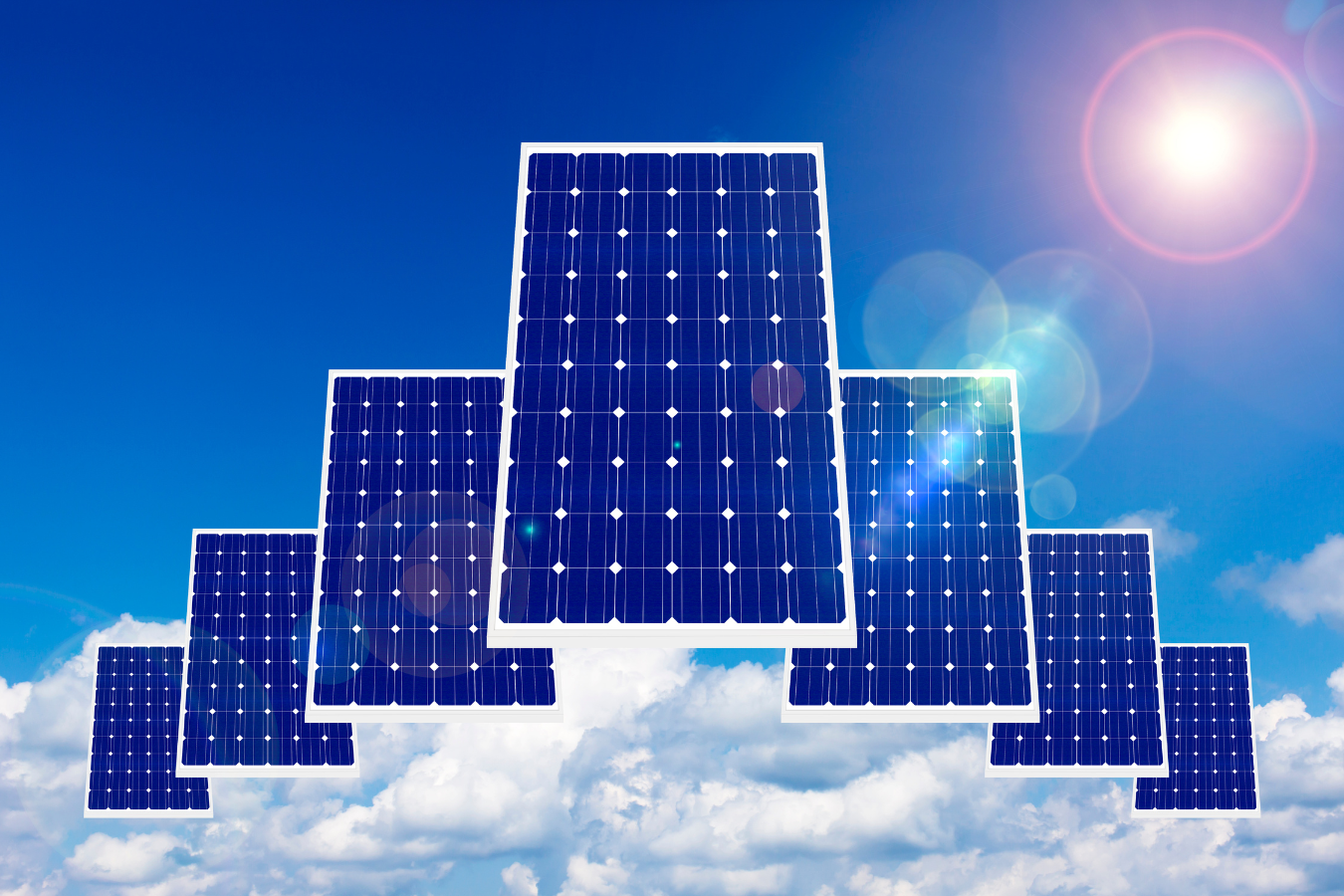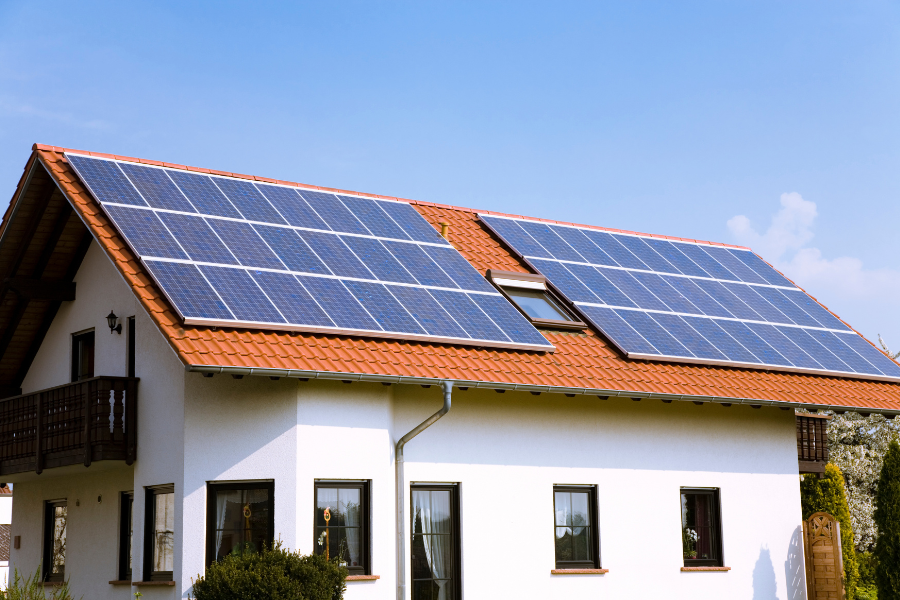- Regulations & Incentives
Solar Panel Warranty: What You Need to Know
A strong solar panel warranty protects your investment and ensures long-term reliability. This guide covers product and performance warranties, key coverage details, and tips to avoid issues.
Share to:

Introduction
Investing in solar panels is a big decision, and one of the key factors to consider is the warranty. A solar panel warranty ensures that your system will function as expected for years to come, providing protection against defects and performance issues. But not all warranties are created equal. In this guide, we’ll break down the different types of solar panel warranties, what they cover, and what to look for when choosing a solar system.
Types of Solar Panel Warranties
There are two main types of solar panel warranties: product warranties and performance warranties.
1. Product Warranty (Manufacturer’s Warranty)
A product warranty covers defects in materials and workmanship. If your solar panel has a manufacturing defect, the company will repair or replace it.
- Typical Coverage: 10-25 years
- What It Covers: Defective materials, poor workmanship, and physical failures not caused by external damage.
- What It Doesn’t Cover: Damage from weather events, poor installation, or lack of maintenance.
2. Performance Warranty (Power Output Guarantee)
A performance warranty ensures that your panels will maintain a certain level of efficiency over time. Solar panels naturally degrade, but a performance warranty guarantees a minimum power output over a set period.
- Typical Coverage: 25-30 years
- Common Performance Guarantees:
- 90% of original output after 10 years
- 80-85% of original output after 25 years
This warranty ensures that your panels won’t degrade faster than expected.
Additional Solar Warranty Considerations
Besides product and performance warranties, some solar installations come with additional warranties that may offer more protection.
3. Inverter Warranty
Inverters convert the electricity from your solar panels into usable power for your home. They typically have shorter warranties than solar panels.
- Typical Coverage: 5-15 years (some premium inverters offer 25 years)
4. Installation/Workmanship Warranty
Some solar providers offer a workmanship warranty covering issues related to installation, such as loose wiring or roof damage.
- Typical Coverage: 1-10 years
5. Battery Warranty (If Applicable)
If you have a solar battery, it will have a separate warranty, often based on usage cycles rather than years.
- Typical Coverage: 5-15 years or a set number of charge cycles.
What to Look for in a Solar Panel Warranty
Before purchasing a solar system, check these key warranty details:
✔ Length of Coverage – Longer warranties indicate a manufacturer’s confidence in their product.
✔ Degradation Rate – Lower degradation rates (less than 0.5% per year) mean better long-term performance.
✔ Transferability – Some warranties allow you to transfer coverage if you sell your home.
✔ Claim Process – Check how easy it is to make a warranty claim. Do you need to go through the installer or directly with the manufacturer?
✔ Exclusions & Fine Print – Some warranties may void coverage if panels aren’t installed by a certified technician.
Common Warranty Issues & How to Avoid Them
1. Poor Installation
Choose a certified solar installer to prevent issues that could void your warranty.
2. Weather-Related Damage
Most warranties don’t cover extreme weather (hail, hurricanes, etc.), so check if your homeowner’s insurance does.
3. Manufacturer Bankruptcies
If a manufacturer goes out of business, their warranty may no longer be valid. Choose a well-established brand.
Conclusion
A strong solar panel warranty provides peace of mind and long-term protection for your investment. When choosing a solar system, compare warranty terms, check manufacturer reputations, and ensure you understand what’s covered. A good warranty ensures your solar panels will continue generating clean, reliable energy for decades to come.
Table of Contents
Subscribe to our Newsletter
Latest
From the Blog
The latest industry news, interviews, technologies, and resources.



